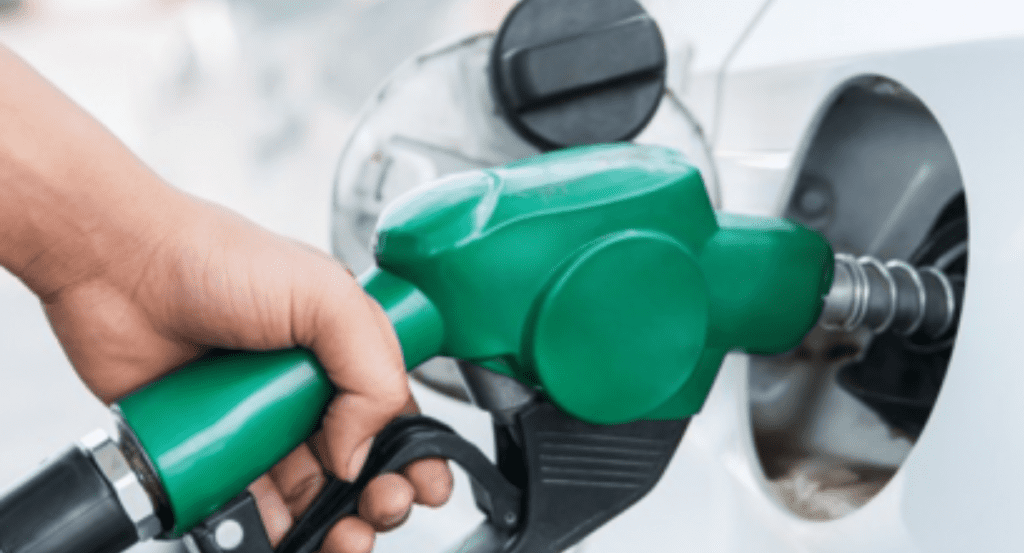Nigerians woke up to an alarming surge in petrol prices, with the Nigerian National Petroleum Company Limited (NNPCL) announcing an increase to ₦990 per liter in Abuja and ₦965 in Lagos. The hike, attributed to rising international crude oil prices, has caused widespread concern among citizens already grappling with inflationary pressures.
According to industry sources, the rising cost of crude oil on the global market and the devaluation of the naira have pushed operational costs higher for importers and distributors. The NNPCL stated that the adjustment reflects the reality of sourcing petroleum products in the current economic climate.
An official from the Nigerian Midstream and Downstream Petroleum Regulatory Authority (NMDPRA) explained that while the increase is steep, it aims to maintain supply stability and avoid prolonged scarcity.
The Independent Petroleum Marketers Association of Nigeria (IPMAN) has called on Nigerians to remain calm, assuring that the supply of petrol will remain consistent despite the price hike. IPMAN also urged the public to avoid panic buying, which could create artificial shortages and worsen the situation.
“We understand the concerns of Nigerians, but we assure the public that there is no need to panic. Measures are being taken to ensure adequate supply,” said IPMAN’s spokesperson.
The price hike has sparked outrage among Nigerians, many of whom have taken to social media to express their frustrations. Critics argue that the increase will exacerbate the already high cost of living, affecting transportation, goods, and services.
Some Nigerians have called on the government to intervene and provide relief measures, such as subsidies or palliatives, to cushion the impact on citizens. Others have questioned the government’s preparedness in managing the economic consequences of deregulating the petroleum sector.
Experts warn that the hike could lead to a ripple effect on transportation costs, food prices, and other essential commodities. The rising costs are expected to place additional pressure on households, especially low-income earners, and small businesses already struggling to stay afloat.
The government has yet to announce any concrete measures to address the growing concerns, leaving many Nigerians worried about the months ahead.






















